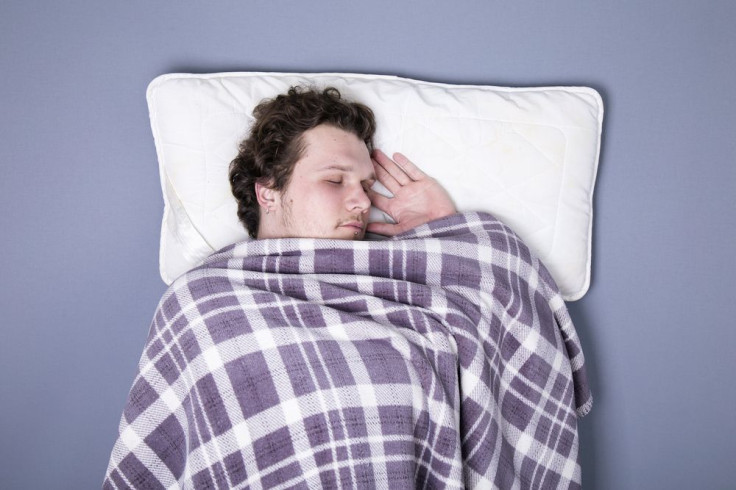Only In Dreams: Racial And Sexist Prejudices Are Reversed During Sleep Using Counter-Bias Exercise

Although “un-teaching” prejudice through hypnotic messages played while a person sleeps may seem like science fiction, it is actually at the center of a recent study from Northwestern University. The researchers claim that both conscious and unconscious biases can be “unlearned” using nothing but subtle audio cues played while individuals take a quick 90-minute nap.
The problem with racist and sexist prejudices is that they are often learned from a young age and are therefore very difficult to “un-teach.” But perhaps that’s only because we’ve been trying to “un-teach” these engraved beliefs the wrong way. According to the recent study, which is currently published in the journal Science, we’ve been seriously underestimating the power of the sleeping mind.
For the study, 40 volunteers were given “counter-bias training,” where they were shown images of faces paired with words that were the opposite of widely held stereotypes. For example, the volunteers were shown images like female faces paired with words like “science,” or black faces with positive words such as “sunshine,” the BBC reported.
"Even though we might not even agree with the stereotype, that knowledge of the stereotype is something we've encoded in our brain,” explained Ken Paller, one of the authors of the study, ABC News reported. "So we linked up science words with faces of women and sort of reversed the stereotype of women not being associated with science."
The researchers played distinctive low-volume sounds during these imaging association sessions. Later in the day, volunteers were asked to nap for 90 minutes while the same tone played softly in the background with the hopes of bringing back memories of the exercise. The individuals’ prejudices were measured using a series of publicly available tests.
Results showed that this technique was able to produce changes in people’s subconscious prejudices and reduce the scores of sexual and racial bias. However, these changes lasted no longer than a week.
According to Paller, the results open up a completely new possibility of using sleep as a tool for learning.
"Sleep is different because we're processing that information without new information coming in, at least not very much," he said. "So that might be a particularly conducive time for working with the memories and relating them to each other, and improving the storage and how information is integrated with other information you've learned."
While the results are interesting, it’s not likely that sleep training is going to be widely used to reverse prejudices because, according to Paller, there are ethical factors to take into consideration. However, if this current ethical factors are addressed, then technique could serve as the basis for a way to modify individual unconscious biases and prejudices.
Source: Hu X, Antony JW, Creery JD, Vargas IM, Bodenhausen GV. Unlearning implicit social biases during sleep. Science. 2015.



























